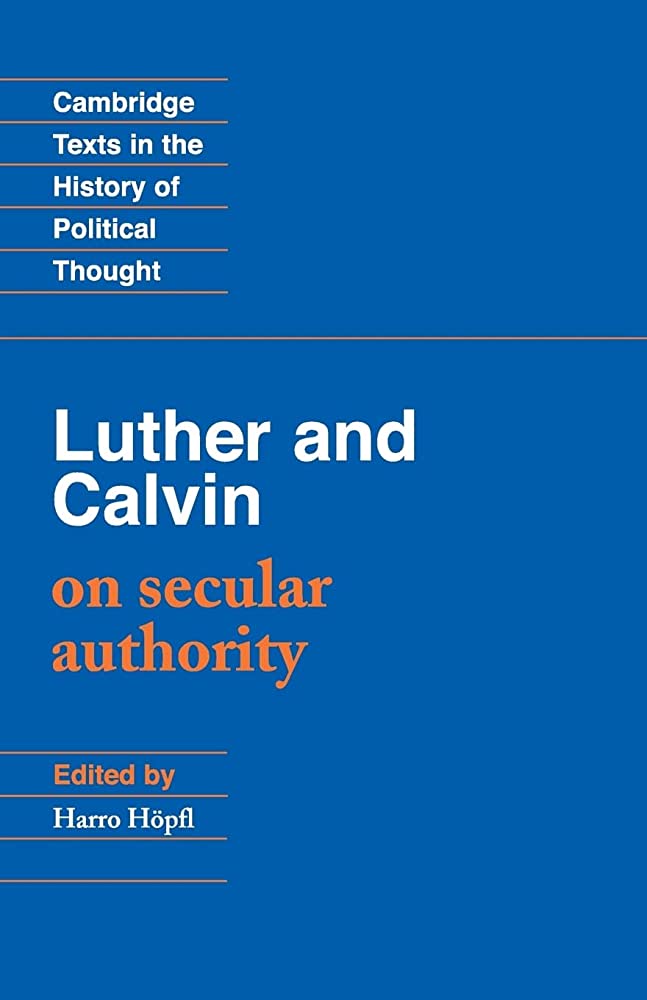Martin Luther and John Calvin were two of the most significant figures in the Protestant Reformation. Luther, a German monk and professor of theology, challenged the Catholic Church’s practices and emphasized the importance of faith in Christ, while Calvin, a French theologian who was heavily influenced by Luther’s teachings, emphasized predestination and God’s sovereignty. Luther believed in the sacraments of baptism and the Eucharist, while Calvin viewed them more symbolically. Luther believed in a more decentralized church governance, while Calvin emphasized the importance of elders and deacons and strict church discipline. Their legacies continue to shape Christianity today.
Martin Luther vs. John Calvin: Two Titans of the Protestant Reformation Compared
Introduction
The Protestant Reformation was a major movement that took place in the 16th century in Europe, and it was led by two of the most important figures in Christianity, Martin Luther and John Calvin. Both men were theologians and reformers who sought to change the way the Catholic Church operated, and they left lasting legacies that still shape Christianity to this day.
Background
Martin Luther was a German monk and professor of theology who became disillusioned with the Church’s corruption and indulgences. In 1517, he wrote his famous Ninety-Five Theses, which challenged the Church’s practices and set off a chain of events that led to the Reformation.
John Calvin was a French theologian who was heavily influenced by Luther’s teachings but sought to take them further. He was instrumental in the development of the Reformed tradition of Protestantism, which emphasized predestination and the sovereignty of God.
Theology
One of the main differences between Luther and Calvin was their theology. Luther believed in the concept of justification by faith alone, which held that salvation could only be obtained by believing in Jesus Christ as one’s savior. He rejected the idea of works-based salvation and stressed the importance of faith in Christ.
Calvin, on the other hand, believed in a stricter form of predestination, which held that God chose certain individuals for salvation before they were born. He also believed in the concept of election, which stated that God chose only certain people to be saved, and everyone else was predestined for damnation. This idea was central to Calvin’s theology and is still a defining feature of Reformed Protestantism.
Sacraments
Another area where Luther and Calvin differed was their views on the sacraments. Luther believed in the sacraments of baptism and the Eucharist, and he taught that they were means of grace through which God bestowed forgiveness and salvation.
Calvin, on the other hand, believed in a more symbolic view of the sacraments. He rejected the Catholic doctrine of transubstantiation, which held that the bread and wine of the Eucharist became the actual body and blood of Christ. Instead, he believed that the sacraments were symbolic representations of the spiritual reality of Christ’s sacrifice.
Church Government
Luther and Calvin also differed in their views on church government. Luther believed in a more decentralized form of church governance, where each congregation could set its own rules and practices. He rejected the idea of a centralized church hierarchy and believed that individual believers should have more autonomy.
Calvin, on the other hand, believed in a more centralized form of church government. He emphasized the importance of elders and deacons, who served as the spiritual leaders of the church. He believed in a strict form of church discipline and believed that the church should have a strong role in shaping the moral and ethical behavior of its members.
Legacy
Both Luther and Calvin left lasting legacies that still shape Christianity to this day. Luther’s teachings on justification by faith alone and the priesthood of all believers continue to be influential in Protestant theology. His translation of the Bible into German also had a profound impact on the development of the German language.
Calvin’s teachings on predestination and the sovereignty of God continue to be important features of Reformed Protestantism. His emphasis on the importance of education and his role in establishing the Geneva Academy helped shape the development of Protestant universities.
Conclusion
In conclusion, Martin Luther and John Calvin were two of the most important figures in the Protestant Reformation. They differed in their theology, their views on the sacraments, and their views on church government, but they both left lasting legacies that continue to shape Christianity to this day. Whether one identifies as Lutheran or Reformed, it is impossible to deny the profound impact that these two titans of the Reformation had on the church and on the world.
